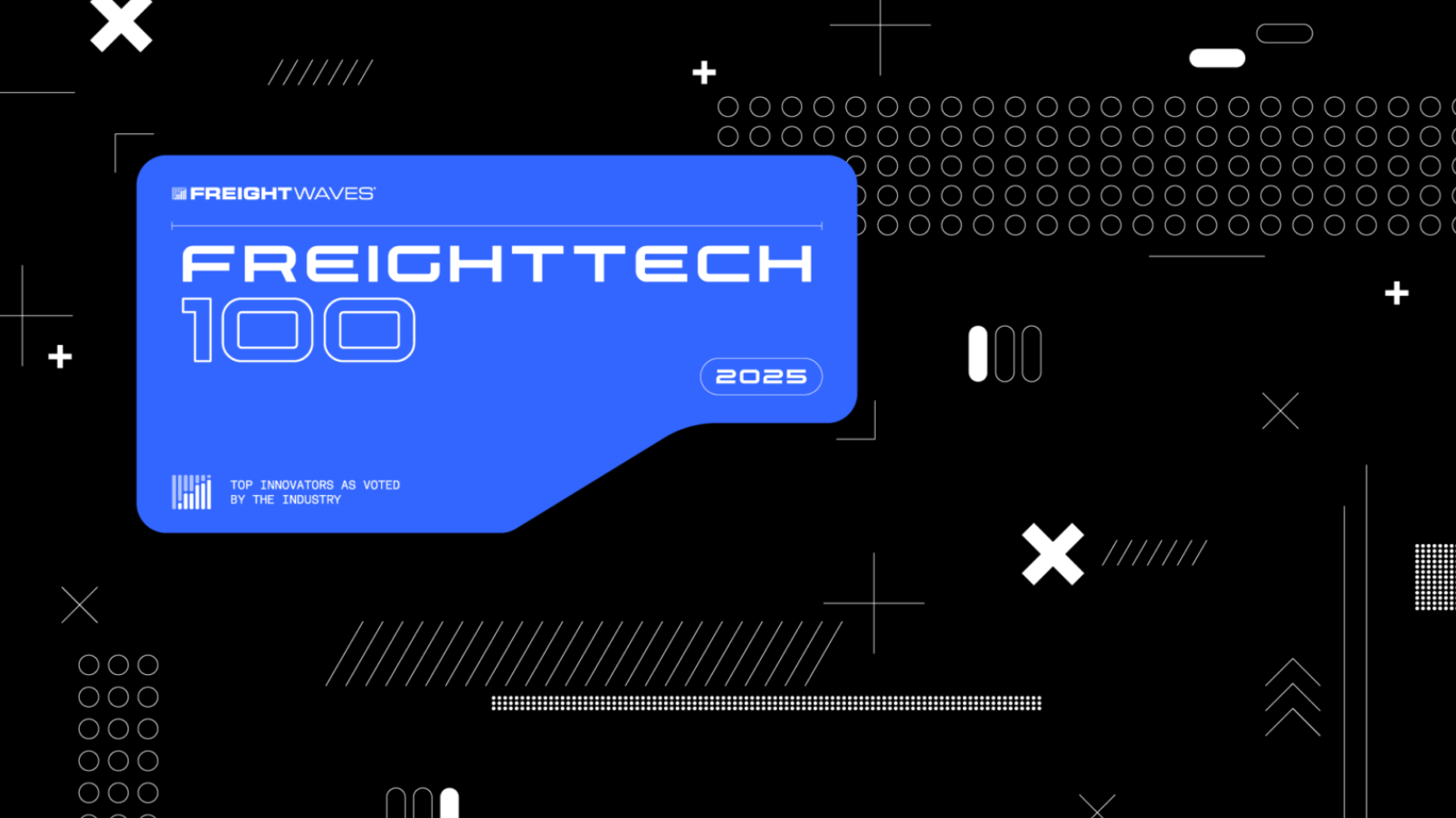
Cloud TMS is Your Best Security Partner
Bannockburn, Ill. – As COO of cloud transportation management systems (TMS) provider Revenova, Mike Horvath has a finger on the pulse of the transportation markets. He also knows that many of the on-premises TMS software that companies are using weren’t built for internet extensibility, nor do they integrate with other applications that organizations need to be able to streamline and automate their operations.
“In logistics today, it’s all about communicating information and engaging with your customers as well as your partners and as near real time as possible, ‘Where’s my stuff now? How much does this cost now?’” Horvath notes. A lot of on-premises software was not built for internet extensibility, and so you’ve had to bolt on a bunch of third party things to try to get your information and the TMS out to the rest of the world in a secure way. That’s a heavy lift.“
Aging on-premises systems and proprietary solutions can also leave the door open for new fraud and cybersecurity threats, many of which are focused on global supply chains. Data breaches, malware attacks and phishing are just some of the nefarious methods criminals are using to hack into, alter and steal from these vulnerable networks.
According to CISCO, software supply chain attacks are on the rise and pose a significant threat to organizations. ReversingLabs’ State of Software Supply Chain Security 2024 report, for example, found that supply chain attacks are only getting easier for bad actors, in part because of the widespread use of open-source libraries.
Last year, ReversingLabs saw a 28% increase from the year before in the total number of malicious packages uploaded to open-source repositories. “Despite that, however, the software industry at large still hasn’t woken up to the changing landscape of software supply chain security threats,” ReversingLabs points out. “Loose development practices and inattention to software supply chain risks persist.”
Addressing the Threats Head-On
Security threats are very real in the logistics and transportation space, where many companies have been forced to “bolt on” various different third-party applications to their on-premises systems in an attempt to gain more modern capabilities and functionalities. Then, they use these cobbled-together systems to transact and communicate with outside partners, many of which are also using their patchworked systems to run their operations.
“Many companies just don’t have the IT resources or the budget to maintain a complex, on-premises system that has to be extended outside of the company’s four walls,” says Horvath. “A cloud TMS helps solve this problem by enabling secure, reliable connections that companies, carriers, business partners and even remote workforces can use to orchestrate transportation from a single solution.”
A cloud TMS like the one Revenova provides also helps companies put very robust, firewalled portals in place, effectively reducing the opportunity for cybercriminals or other bad actors to hack into the system. In fact, Horvath says he’s worked with multiple companies that moved from on-premises systems and onto Revenova’s cloud TMS because their portals had been hacked into and their data held for ransom.
Thwarting Cargo Theft and Fraud
 Freight hubs and major cities across North America witnessed an alarming surge in cargo theft during the first half of 2024, with incidents skyrocketing by 49% according to Overhaul. The average loss per incident skyrocketed to $115,230, marking an 83% increase from the same period last year. “This trend underscores the growing sophistication and ambition of cargo thieves, who are systematically targeting high-value shipments,” Overhaul reports.
Freight hubs and major cities across North America witnessed an alarming surge in cargo theft during the first half of 2024, with incidents skyrocketing by 49% according to Overhaul. The average loss per incident skyrocketed to $115,230, marking an 83% increase from the same period last year. “This trend underscores the growing sophistication and ambition of cargo thieves, who are systematically targeting high-value shipments,” Overhaul reports.
These numbers are alarming, but there are steps that companies can take to reduce or even eliminate cargo theft and fraud. For example, Revenova’s TMS onboarding solution vets all carriers for fraud and flags these issues for further inspection. And because most cargo theft involves carriers on at least some level, having a robust onboarding process that includes this scrutiny ensures you’re only working with legitimate providers (i.e., the individual’s email address and phone number are checked for affiliation with the carrier, etc.).
5 More Ways to Prevent Theft & Fraud
Revenova also uses its LaneIQ Network consortium database to collect and confirm information on valid transactions for hundreds of different carriers. By checking providers against the database, it can tell if the carrier is valid (e.g., 30 individuals in the network have already transacted with individual, their email and phone number are both valid, etc.).
Here are five more steps you can take now to thwart fraud and bad actors and keep your cargo secure:
- Set up multifactor authentication (MFA) and use it with anyone you do business with. By requiring users to provide multiple forms of identification (i.e., a password and a code sent to their mobile devices), MFA significantly reduces the risk of unauthorized access.
- Have a bulletproof, locked-down system that keeps the bad actors out. “Having systems that are updated, cloud-based and properly maintained provides a real advantage against anyone who is trying to surf around and steal your data,” says Horvath.
- Use business information databases like Equifax and LexisNexis. These databases can be used to validate an individual’s association with a specific carrier and show just how long that person has worked for the company. “This provides assurance that someone hasn’t just left one company and then spun up another one with the intention of defrauding a shipper,” says Horvath.
- Make your cloud TMS your best security partner. Companies that use Revenova TMS know exactly who they’re doing business with at all times. The system captures that information, updates it and uses third-party business sources to validate the information. “This not only ensures that your data is always clean and updated,” says Horvath, “but it also helps you stay out in front of fraud.”
- Use a TMS that’s powered by a cloud customer relationship management (CRM) platform. When you combine TMS and CRM, you always know who you’re doing business and transacting with. For example, Salesforce constantly monitors and adheres to both domestic and international security data standards and connectivity standards. “Cloud software providers like Revenova and Salesforce have made billion-dollar investments into preventing unauthorized access to your system and data,” says Horvath, “both of which can be targets for fraud.”
To learn more about Revenova TMS Request a Demo. Follow Revenova on LinkedIn, YouTube, and X (formerly Twitter) for the latest updates and news about Revenova TMS, the original CRM-powered Transportation Management System.




